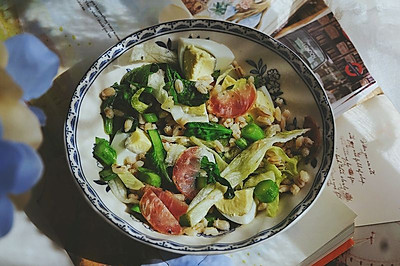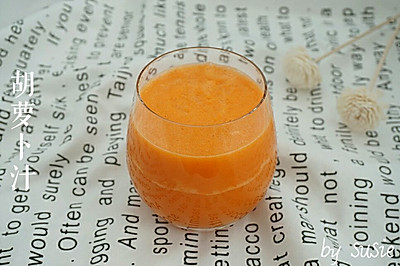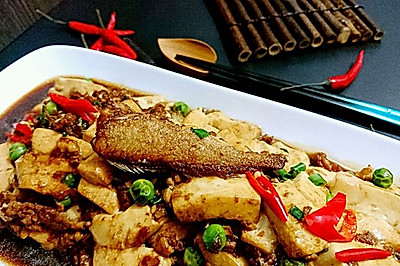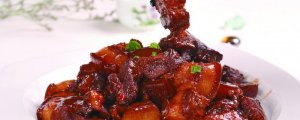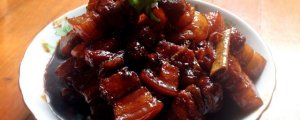
Bitter chrysanthemum and purple cabbage in cold sauce
(152554 views)
Chrysanthemum will open blue flowers in early summer. It is a day-long herb that blooms in the morning and closes in the evening. But it can develop continuously. The leaves have bitter taste. After softening, the bitter taste is reduced and soft. It likes cold and cool climate. In early summer, the flower stems, flowers and young leaves can be added to salad, or fried and eaten. It has antibacterial, antipyretic, antiphlogistic and eye-catching functions. Nutritional value: 1. Protein, dietary fiber, trace elements such as calcium, phosphorus, zinc, copper, iron, manganese, vitamin B1, B2, C, carotene, niacin, etc. In addition, it also contains alkanol, choline, tartaric acid, bitter element and other chemicals. 2. The content of vitamin C and carotene in kuju is 2.1 and 2.3 times of spinach respectively. There are all kinds of amino acids in the leaves of Chrysanthemum morifolium, and the proportion of amino acids is appropriate. Eating bitter cabbage Helps to promote the synthesis of antibodies in the human body, enhance the body's immunity, and promote brain function. 3. The rich iron element in kuju is good for prevention
Cooking ingredients
Cooking Steps

Step1:Wash and drain the purple cabbage and cut into fine threads.

Step2:Chrysanthemum is washed and drained and cut into small section

Step3:Garlic peeled and choppe

Step4:Mix ingredients from the first 3 steps into a slightly larger containe

Step5:Add vinegar, delicious, sugar, sesame oil, salt and mix wel

Step6:Finished produc

Step7:Finished produc
Cooking tips:Baijiafan has baijiawei. The seasoning part is adjusted according to personal taste. There are skills in making delicious dishes.
 Chinese Food
Chinese Food